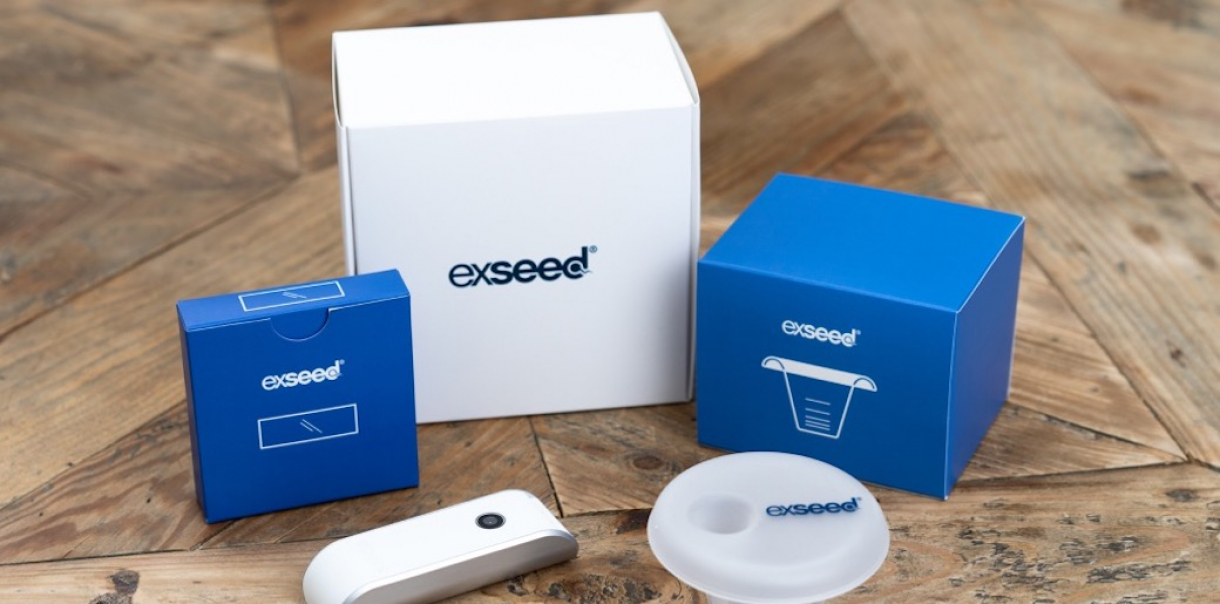Bringing new life into the world is proving harder and harder than it used to be. According to the NHS, about one in seven British couples have difficulties conceiving. And while we've focussed on the increasing risks of women choosing to delay motherhood, studies show that in around 40% of cases, the problem lies with the man. Scientists at the Hebrew University of Jerusalem found that, in the past 40 years, sperm counts among men in the west have declined remarkably by more than half. And every year, male fertility has dropped by an average of 1.4%. Despite growing concerns, little effort has been made to address the semen crisis.
While fertility problems concern all genders, men’s reproductive health has been often overlooked on the healthcare agenda. Not only do men get tested much later in the process, but due to lack of data, little is also known about the causes of male infertility. By providing an advanced analysis device and tracking system, ExSeed Health aims to empower men to actively improve their reproductive health in an easy and informed way.
ExSeed Health is a smart sperm test kit that gives men a quick analysis of their reproductive health from the comfort of home. Instead of visiting a fertility clinic, users can easily do tests themselves by following instructions. Each kit contains a CE-certified analysis device, a sample slide, and a collection cup and lid. Simply putting sperm samples into the analysis device, in just a few seconds, users can learn their sperm volume, motility and concentration through their phone.
ExSeed's test results are 95% accurate, backed by a large database of semen samples and doctors’ manual reviews. After testing, users can consult fertility experts via the app on how to improve sperm quality, as well as participate in a 90-day lifestyle intervention program.
“People are often just told their sperm is suboptimal and they should be more healthy,” says Morten Gorm Ulsted, CEO of ExSeed Health. “Well, great, but that’s hard to do. What we say is, here are the top two or three pieces of advice that are likely to have an impact on you. Mostly, it’s low-hanging fruit, such as drinking less and exercising a little more, plus a few supplements.”
Launched in 2017, ExSeed Health now operates in Denmark and Norway. By focusing on early diagnosis of lifestyle-related issues, the company seeks to save couples from emotional struggles and expensive clinic treatments further down the line. Based on initial evidence by ExSeed, users can manage to improve sperm concentration by 25% and motility by 40% after 25 weeks of lifestyle intervention.
Just one year after its inception, the company has been listed by Forbes as one of the rising startups that investors should keep an eye on; and later as one of the worldwide “Disrupt 100” companies with huge potential of entering the global markets in 2019. As technology advances and the social stigma around male infertility eases up, the market is expected to reach $6,213.96 million by 2027.
